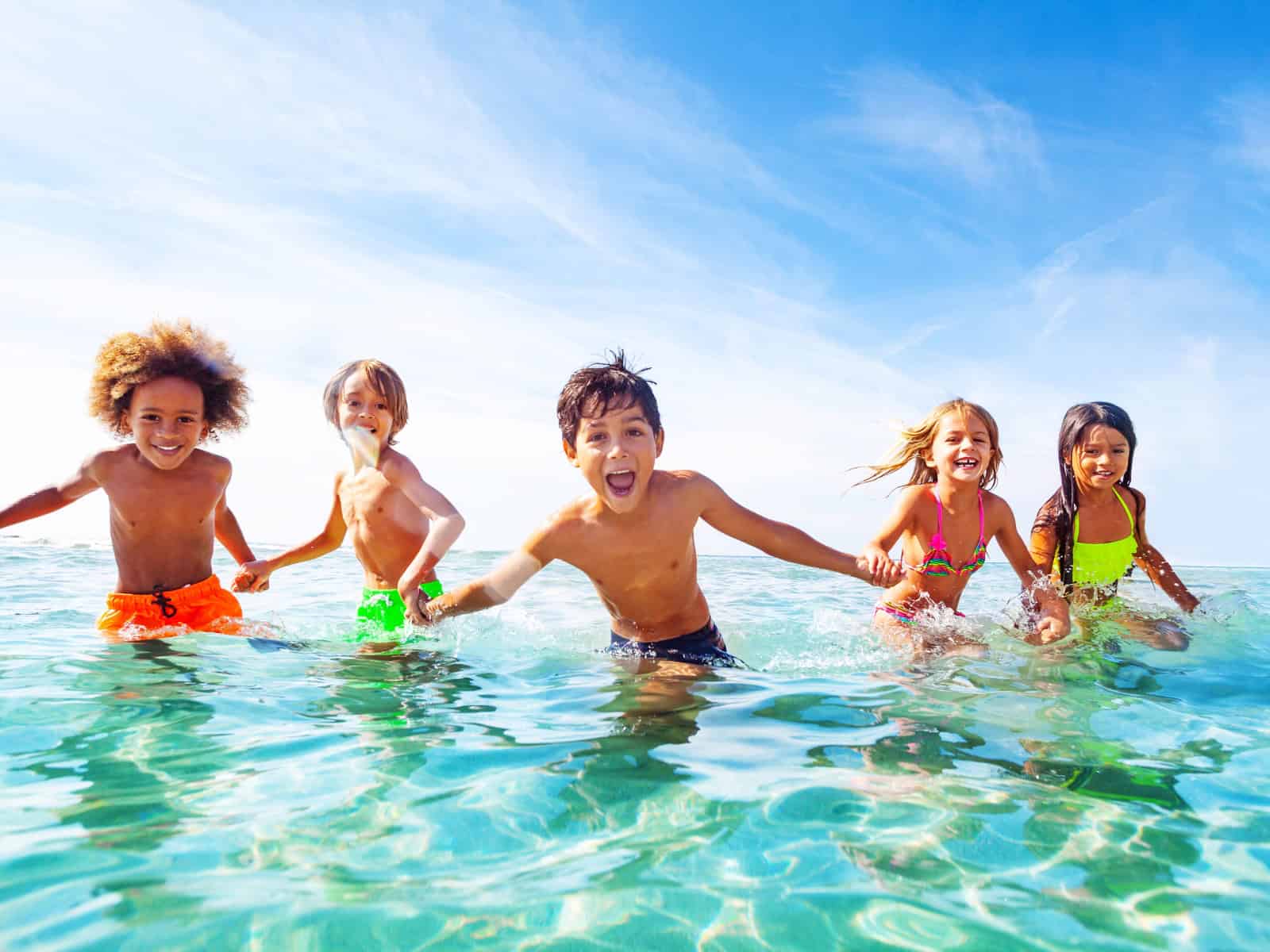hej, schön dass du hier bist
The Dolphin’s Voice e.V. setzt sich dafür ein, Delfine und Wale zu schützen und ihre Lebensräume, die Ozeane, durch Aufklärung und internationale Projekte zu bewahren. Unsere Mission ist es, die Stimme dieser faszinierenden Meeresbewohner zu stärken und eine nachhaltige Zukunft für sie und ihre Umgebung zu sichern.
“Helft uns, eine Welt zu schaffen, in der Delfine, Wale und andere Meeresbewohner respektiert werden und keinen Bedrohungen ausgesetzt sind.”

Alexander (Founder + Chair)


Was wir machen & was uns wichtig ist!
Lasst uns gemeinsam handeln, um die Ozeane, die Tiere und unsere Umwelt zu schützen! Jeder Einzelne von uns kann einen Unterschied machen, sei es durch bewusstes Konsumverhalten, die Reduzierung von Plastikmüll oder die Unterstützung von Naturschutzprojekten. Nehmen wir die Verantwortung an und setzen wir uns aktiv für eine gesündere und nachhaltigere Zukunft ein!
Neugierig auf Meer News?Lust mit anzupacken?
Machen ist Veränderung – sei dabei und mach bei uns mit. Dein Engagement macht den Unterschied für unsere Meere, die Tierwelt und die Umwelt. Gemeinsam können wir eine nachhaltige Zukunft schaffen. Werde Teil unserer Bewegung und setze ein Zeichen für den Schutz unserer kostbaren Ressourcen! Für Ozeane, Tiere & Umwelt: Gemeinsam sind wir stark! Wir freuen uns auf Dich!
Kontaktiere uns!Jetzt spenden + unterstützen
Hey, hier bei The Dolphin’s Voice e.V. ist alles echt Herzenssache – wir rocken das zu 100% ehrenamtlich! Unser Team ist voller Power und Leidenschaft, denn wir glauben fest daran: Wissen ist der Schlüssel zur Veränderung. Seid dabei und unterstützt uns! Lasst uns gemeinsam eine Welt kreieren, in der Delfine und Wale ihren verdienten Respekt erhalten und frei von menschengemachten Zwängen leben können! 🐬🤍
Jetzt spenden!









